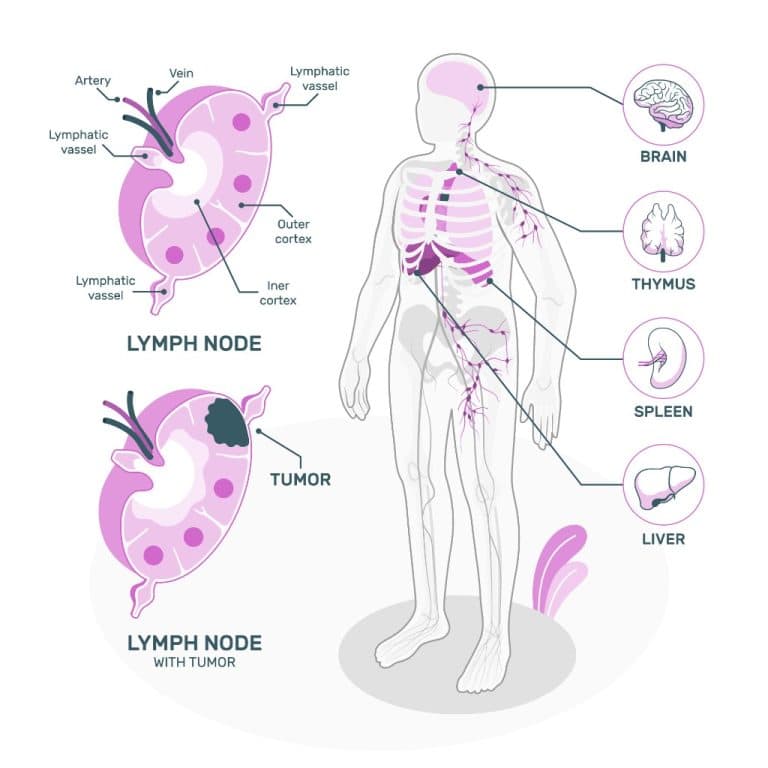Welcome to our lymph nodes quiz! Lymph nodes are small, bean-shaped glands that play a crucial role in our immune system. They help filter out harmful substances like bacteria and viruses, keeping us healthy and strong.
In this quiz, you’ll learn all about the different functions of lymph nodes, where they are located in the body, and how they work to protect us from infections. Test your knowledge and see how much you know about these important little glands! Let’s get started and dive into the world of lymph nodes!
Play Lymph Nodes Quiz
Instructions
- This quiz is multiple choice.
- Read each question carefully before selecting an answer.
- Choose the best answer for each question.
- You will see the missed questions with correct answers at the end of the quiz.
Quick Facts
- Lymph nodes are small, bean-shaped structures found throughout the body.
- They play a crucial role in the immune system, acting as filters for harmful substances.
- Lymph nodes can swell up when fighting an infection, causing them to feel tender or sore.
- There are hundreds of lymph nodes in the body, located in places like the neck, armpits, and groin.
- Lymph nodes contain white blood cells that help fight off infections and diseases.
- They are connected by a network of vessels that carry lymph fluid, which helps remove waste and toxins from the body.
- Lymph nodes can sometimes become enlarged due to conditions like cancer or autoimmune diseases.
- It’s important to keep your lymph nodes healthy by staying hydrated, eating a balanced diet, and exercising regularly.
- Lymph nodes can be affected by certain medications or treatments, so it’s important to consult a healthcare professional if you notice any changes.
- Taking care of your lymph nodes is essential for maintaining a strong immune system and overall health.
Downloads
Study Tips
- Create a study schedule and stick to it.
- Find a quiet and comfortable study environment.
- Remove distractions such as phones and social media.
- Take breaks every 25-30 minutes to avoid burnout.
- Use active studying techniques like summarizing, highlighting, and teaching concepts to someone else.
- Practice retrieval by testing yourself with flashcards or practice quizzes.
- Stay organized with notes, study guides, and resources.
- Stay hydrated and eat brain-boosting foods like fruits, nuts, and whole grains.
- Get enough sleep to improve memory retention and cognitive function.
- Reward yourself for reaching study goals to stay motivated.
